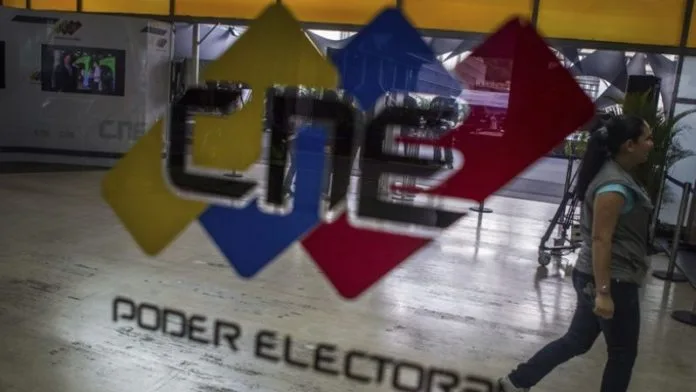Venezuelan President Nicolás Maduro has informed Brazilian President Lula da Silva of plans to hold general elections in late 2024.
This news emerged from their meeting at the CELAC Summit in Kingstown, marking a notable step in Venezuela’s political landscape.
Though the National Electoral Council of Venezuela has not set an election date, this declaration is significant for the country’s future.
Their dialogue at the CELAC Summit highlights the vital role of regional cooperation and Brazil’s active involvement in Latin American affairs.
Beyond discussing elections, the leaders also explored issues such as the Guyana-Esequibo dispute, indicating Brazil’s readiness to mediate for peace.
Additionally, they discussed Venezuela’s debt to Brazil, potential trade increases, and collaborative efforts against illegal mining in Yanomami territories.

These discussions highlight stronger ties in Latin America and the Caribbean, demonstrating Brazil’s dedication to regional peace and teamwork.
This shift mirrors larger changes in Latin American politics, focusing on the role of dialogue and teamwork in solving issues and fostering peace.
It highlights Brazil’s new diplomatic path under Lula, a change from past policies.
Thus, the CELAC summit addressed Venezuela’s elections and the value of united efforts for democratic stability and tackling regional problems.
Esequibo
The region, rich in oil and mineral resources, is a point of contention between Venezuela and Guyana.
Brazil seeks to mediate, preventing the dispute from intensifying in Venezuela’s election year.
This approach signifies Brazil’s broader vision for regional stability and peace, underscoring dialogue’s role in navigating complex territorial disputes.

